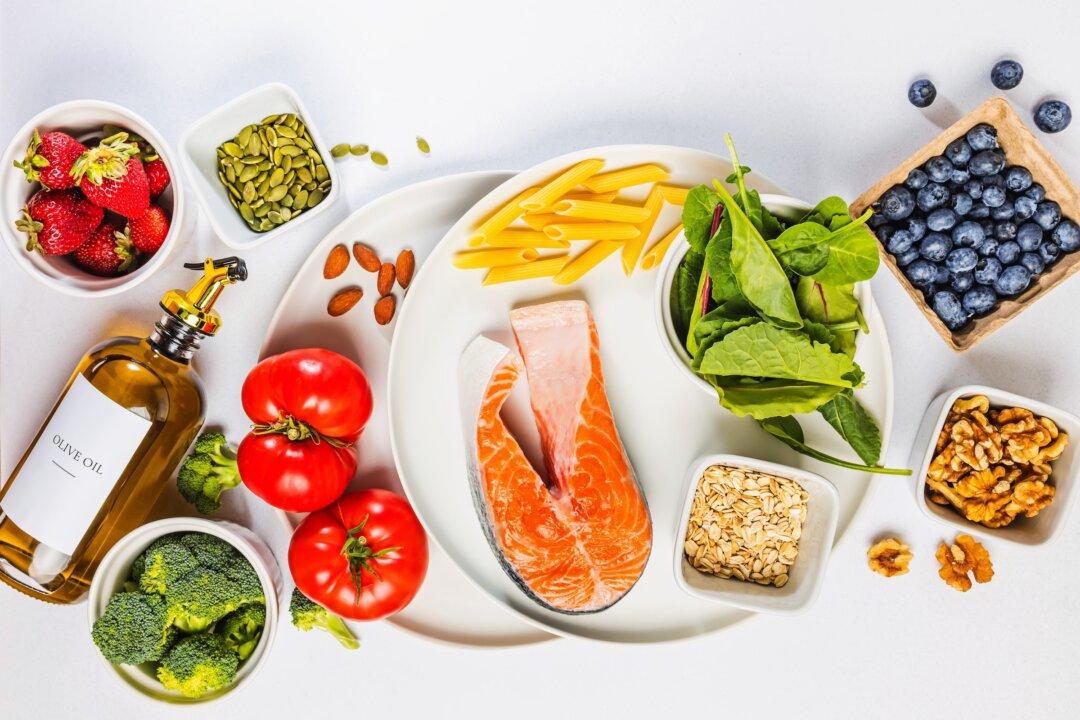A new study shows that yogurt, cheese, and other fermented dairy products may help to prevent heart attacks.
People who ate a lot of cheese had very high levels of butyrate in their stool and urine and much lower levels of LDL (bad) cholesterol.
This means that the fermented dairy products are being converted by bacteria in the intestines to butyrate that prevents food from forming the bad LDL cholesterol that is associated with increased heart attack risk.
The authors believe that they have shown that fermented dairy products encourage the growth of healthful intestinal bacteria that may help to prevent heart attacks.
Another study of 27,000 people, ages 45 to 74, shows that eating cheese and yogurt lowers risk of type-2 diabetes by 25 percent, while meat increases risk.





